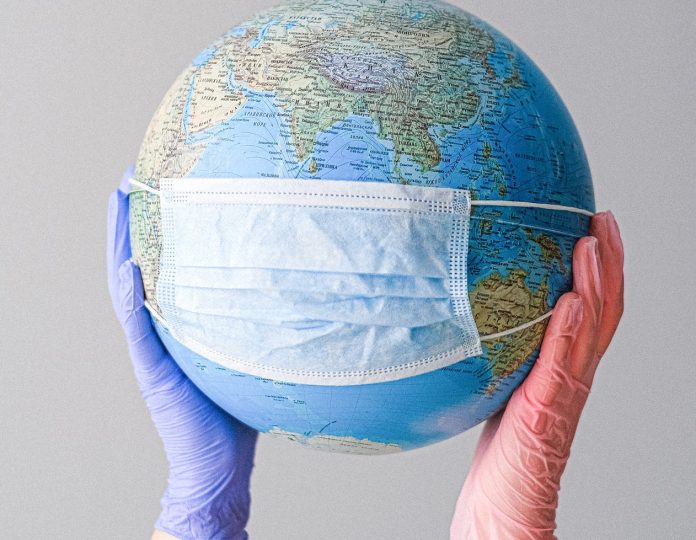The Covid-19 pandemic, that has been hitting the world since January 2020, has led to a major, multi-dimensional, global crisis: the European economy entered a sudden recession, due to shutting down large parts of the economy. A string of indicators suggests that the Euro area economy has operated at between 25% to 30% below its capacity during the period of the hardest restrictions.
The coronavirus pandemic has messed up in lives of people around the world, especially among youth, affecting very deeply their education, work opportunities and social lives.
Prior to the Covid-19 pandemic, young Europeans were increasingly mobile, moving around the EU for education, and work. At the same time major efforts were being made to resolve inequalities in education and social and economic conditions. This has been brutally stopped by the pandemic.
Today, after two years of the COVID-19 pandemic, young people continue to face economic, social and mental health challenges. COVID-19 regulations often ignored the needs and perspectives of youth.
But, where there is crisis, there is also opportunity.
Of course, recognizing opportunities and making effective use of them requires both reflection and action, and above all, great efforts and engagement. Areas which may offer potential for progress are for sure future-proofing education and work. Some positive changes in these areas took place very quickly, even spontaneously, at an accelerated, impressive pace: remote education and home-working. As a consequence of these, the advantage of young people over elder appeared as high advanced digital skills so the light tendency of young people being more desirable on the labour market may be noticed.
Luckily, the year 2022 has been designated as the European Year of Youth, bringing young people back to the centre of EU politics.
2022 aims to change young people’s perspectives on their future by creating quality employment, education and training opportunities, as well as by opening up political spaces to young people. The Year of Youth builds on previous EU efforts dedicated to promoting youth, including previous initiatives like Youth Guarantee and the Youth Employment Initiative.
They include the EU Youth Dialogue, along with youth organisations, plus policymakers, and other experts to create the 11 youth goals that form the EU Youth Strategy under the slogan ‘Engage, Connect, Empower.’
The EU also works hand in hand with the UN to promote youth participation, strongly supporting UN Youth Delegate Programme, where young people can participate in intergovernmental meetings at the UN. In the past, youth delegates have participated in meetings of the General Assembly, the Commission of the Economic and Social Council, the High-Level Political Forum on Sustainable Development, the Commission on the Status of Women, the Human Rights Council and others.
Despite the difficult and hard years of the pandemic, there are good prospects that should not be squandered. We must believe in a better future without letting this faith be destroyed by the ongoing war.


